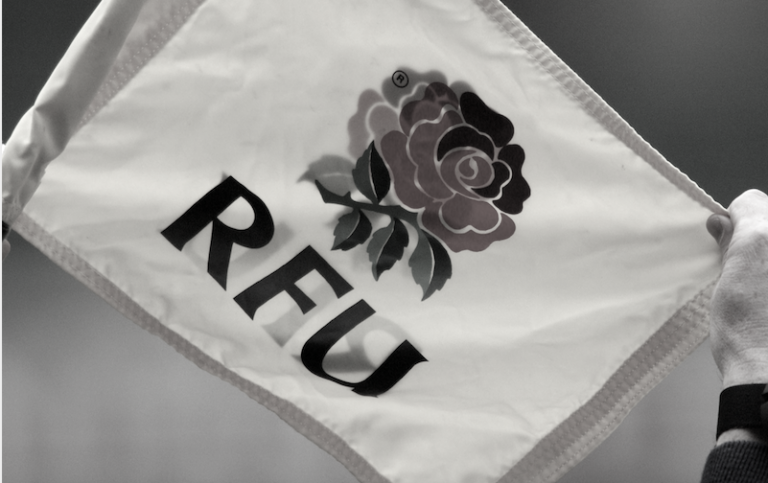RFU must not forget the Grassroots in any new structure
The Rugby Football Union (RFU) unveiled a new structure to the club game format two years ago in what was described as the most significant shake-up of the sport’s structure for three decades.
There was a reduction in the size of divisions at all levels below the RFU Championship and an increase in the number of divisions at all levels below National League One.
Fast forward today and the RFU is pondering another groundbreaking change that could usher in the era of a rugby union ‘Super League’.
The initial catalyst for the proposed competition was pegged on the notion of capturing and recreating the atmosphere, colour and drama of the World Cup in France.
However, the financial turmoil of rugby union in the United Kingdom and Ireland is an obvious indicator of an ulterior motive. Whether or not the latest development is good or bad for the sport is relative until there is clarity on the plan, but there could be a few positive outcomes.
A unified competition will undoubtedly increase the profile of the sport and also attract plenty of interest, especially from the betting community. Creating a Super League would ramp up interest among bettors across Britain and Ireland.
Irish betting sites such as Quickwin would experience a surge in activity as rugby fans flock to wager on the outcomes of matches in the proposed competition.
The ripple effect from the betting frenzy could lead to higher revenues for both the league and the participating teams, potentially injecting much-needed funds into the sport.
That would be a welcome development for rugby union, considering the financial element was the key catalyst for the proposed competition, but there are plenty of challenges to overcome.
One of the key elements is how the proposed competition would impact clubs in the Championship and the National League, given the Super League format does not exactly favour them.
There are also moves for greater collaboration between the United Rugby Championship (URC), Premiership Rugby, the Six Nations and the British & Irish Lions.
The intention is to combine the competitions and sell them to broadcasters as a single package for rugby coverage, reducing costs and increasing shared revenues and popularity to potential investors.
This concept would have a knock-on effect on the European Champions Cup, which was previously a huge stumbling block to the unification plans.
However, an ‘FA Cup-style’ knock-out format has been proposed but accommodating 26 teams in a single competition could be another sticking point for the blockbuster merger plans.
<h1>What Impact Would the Super League Have on the Pyramid?</h1>
The rugby union structure is facing a brutal reality check. Nobody would disagree that a root band branch is long overdue. However, the devil is always in the detail.
The Premiership shines with its high-octane action, but its financial woes cast a dark shadow. There are aspects that excel but there are also glaring issues that cannot be ignored and in urgent need of attention and reform.
Wasps, Worcester Warriors and London Irish have gone into administration in the past year, while Championship side Jersey Reds have ceased trading.
The demise of those clubs forced the Premiership to downsize into a ten-team competition, but it is far from an attractive prospect and carries limited appeal.
Nevertheless, venturing into uncharted territory with the Super League plans raises plenty of logistical nightmares, especially for lower-tier clubs who are already struggling.
A merger between the Premiership and URC seems like the best solution on paper as it eases the financial burden. However, there are concerns that the Super League could be a breakaway move at the elite level involving a franchise structure leading to the amalgamation or loss of some well-supported teams.
Just as size doesn’t guarantee superiority on the field, financial muscle alone doesn’t ensure success in rugby. If the sport aims for global recognition, integrity must be valued as equally indispensable.
Rugby union must learn from the fiasco of the failed European Super League in football and ensure they keep their eye on what is most important. As the football version of the Super League found out, the surest way to mess up in professional sport is to be guided solely by the money.
Before launching a Super League, the RFU must provide clarity on its plans for all levels of the sport. They must also ensure that fans are considered in any major decisions they make.

